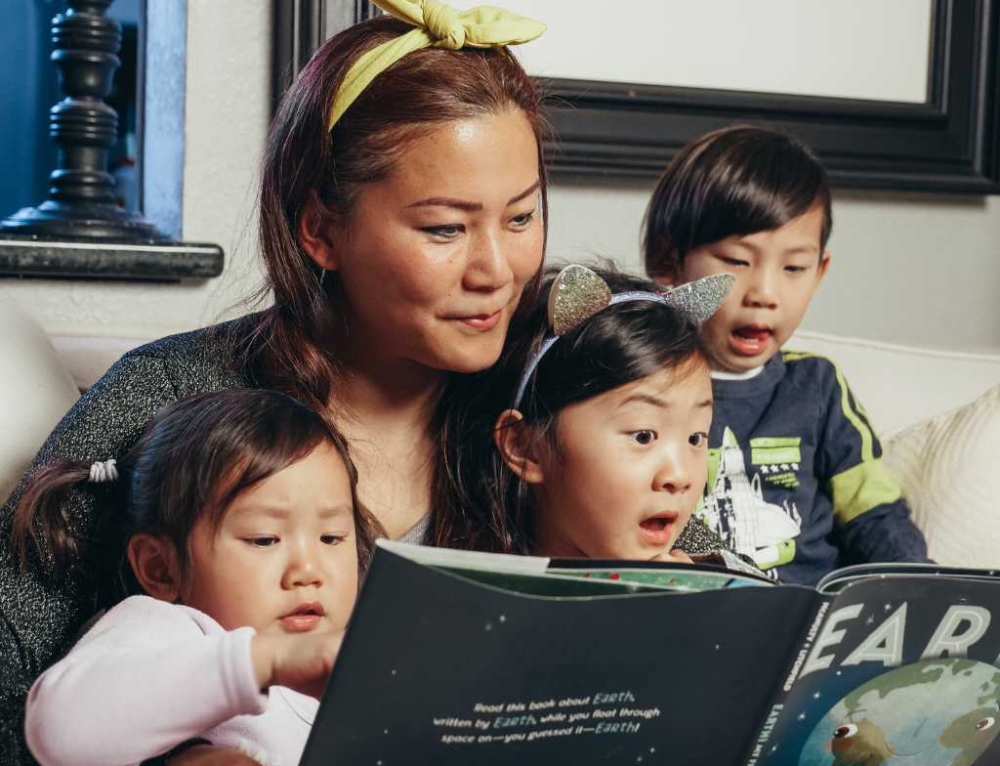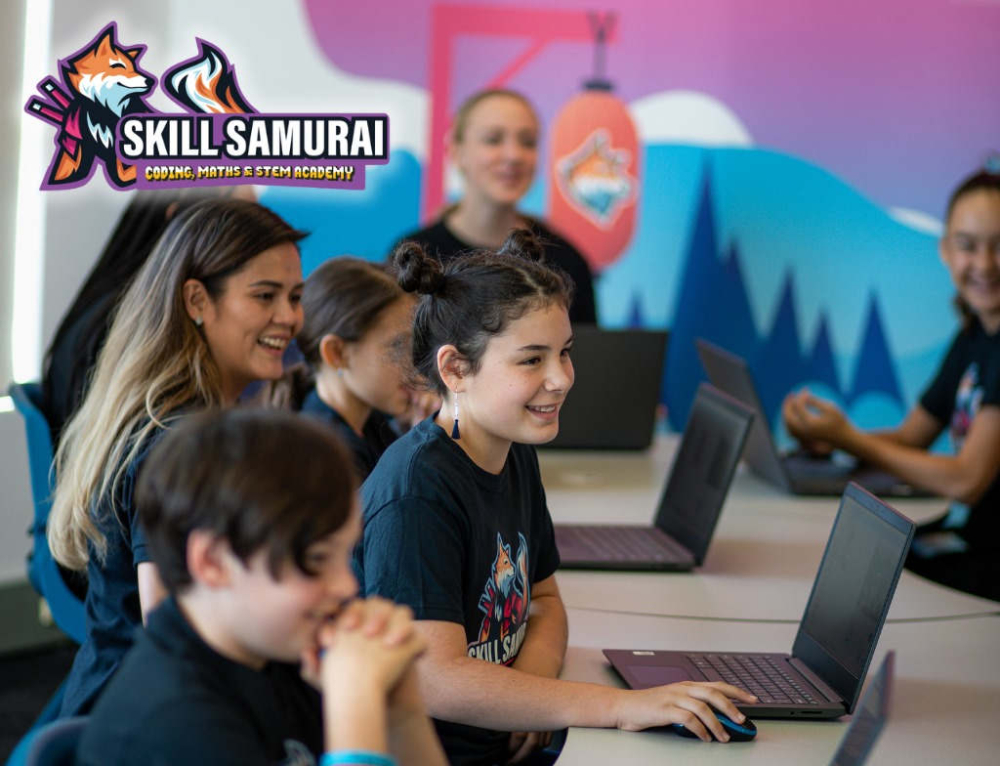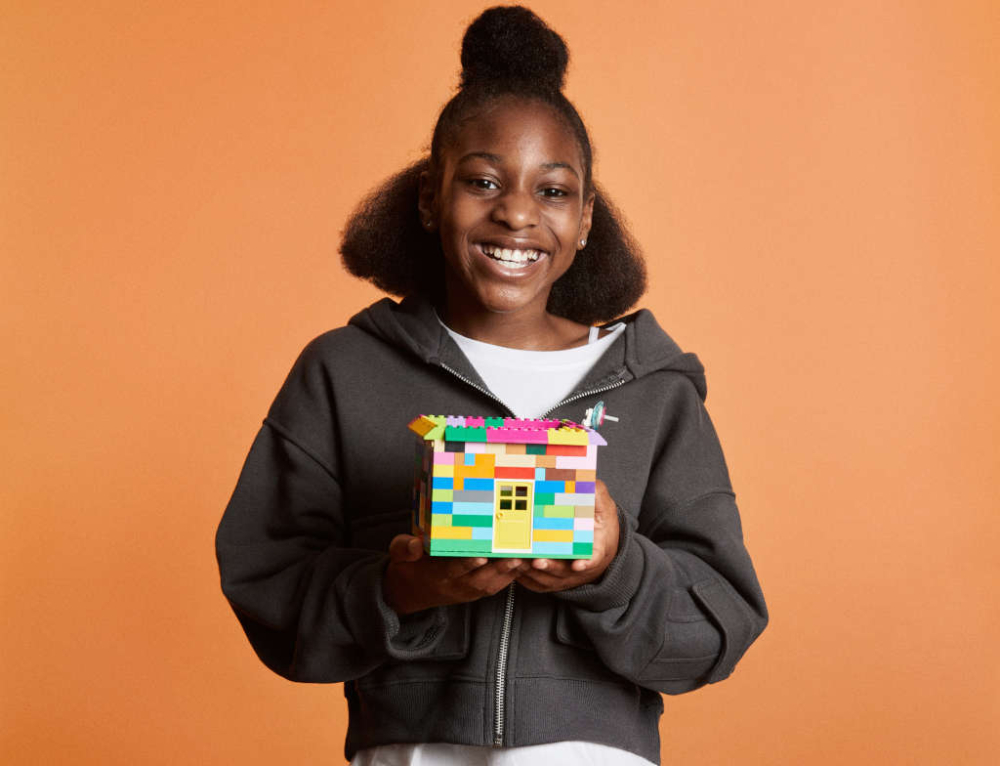Some children have an actual, or potential, ability to perform at a level that is significantly beyond their peers of the same age. They’re not as common as we parents think, but gifted and talented children need special attention. So if you think that could be your child, what should you do next?
The internet is filled with websites celebrating and helping to identify gifted and talented children. In New Zealand there are a number of gifted and talented organisations to support parents and children. And within the education system, there are classes and schools to suit those children up to meeting extra educational challenges.
Defining a gifted and talented child
Canadian psychologist, Professor Francoys Gagne, is a world leader on this subject and created the Differentiated Model of Giftedness and Talent (DMGT).
He defines gifted children as those who have outstanding or high levels of innate ability, in any domain of human ability (intellectual, creative, social or physical) that would place them within the top 10% of their age-peers, even if their high potential has not yet been realised.
In contrast, talented children are those whose abilities have already been demonstrated by their achievements, and who are currently performing at a level that places them within the top 10% of their age-peers. In simple terms, gifts are natural abilities whereas talents are systematically developed skills.
Characteristics of gifted children
Uneven development is often observed in gifted children and that they may demonstrate exceptional skill in one or two areas.
- outstanding reasoning ability
- learns quickly and easily with an ability to recall information readily
- reads from an early age
- has a large vocabulary and uses it appropriately
- can develop a deep interest in a particular topic over an extended period of time
- shows curiosity, imagination and originality in thinking
- persistently follows through a task to satisfaction despite obstacles
- has a keen or unusual sense of humour
- has a questioning attitude
However gifted children can also demonstrate these less positive characteristics:
- gets bored easily, resists drill, disturbs others or daydreams
- impolitely corrects or lacks respect for adult arguments
- has few friends, is non-conforming and impatient with others
- dislikes group work and may monopolise discussions
- may use sense of humour inappropriately
- ppears inattentive but copes easily with work
- can be over-sensitive to criticism
- shows perfection constantly
Parenting gifted children is one of life’s greatest challenges says Dr Linda Kreger Silverman from the Gifted Development Center in the US.
“Gifted children are expensive and time-consuming,”she says.
“They usually need less sleep than you do, ask more questions than you can answer, want 100% of your attention 24 hours a day, have obsessive hobbies, are unstimulated by the school curriculum, react intensely to everything, endlessly long for a best friend who understands them completely, hold perfectionist standards for themselves and you, want to know the meaning of life…”
But don’t despair, she says, because gifted children grow up even better with “imperfect” parents.
“No matter what schools you put them in, it is their home life that determines what they do with their lives,” she says. “Trust your intuitive judgment about their needs; no one knows them better than you do.”
Dr Silverman adds that the key to raising gifted children is respect – respect for their uniqueness, respect for their opinions and ideas and respect for their dreams.
And she says that as some gifted kids may struggle to “fit in” at school, at home they need to know that their uniqueness is cherished and that they are appreciated as persons just for being themselves.
If your child is at school, talk to the teacher about accelerated, GATE or “enriched” learning programs available within the state education system. You might also like to visit the New Zealand Association for Gifted Children website.
This story was written by Fiona Baker for Kidspot, New Zealand’s leading parenting education resource from sources including the Victorian Association of Gifted and Talented Children and Gifted Development Center.







Leave A Comment
You must be logged in to post a comment.